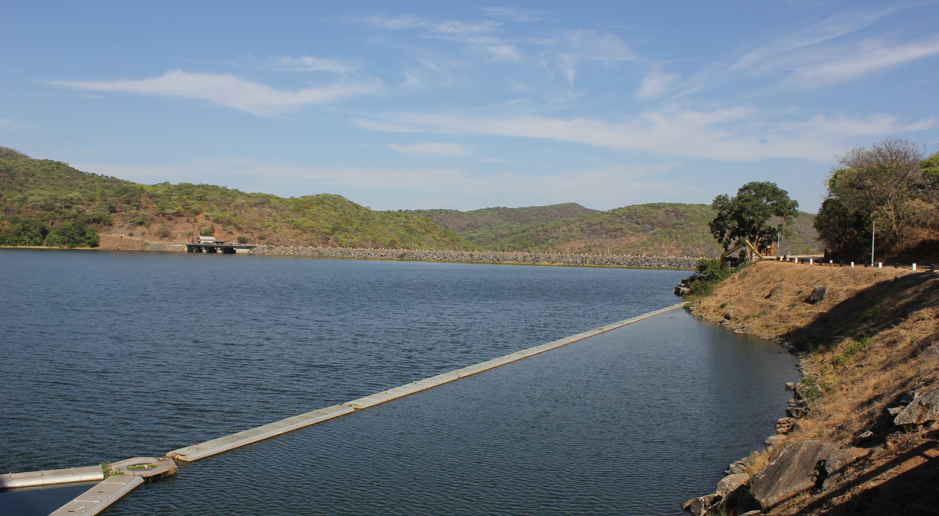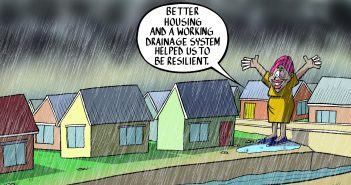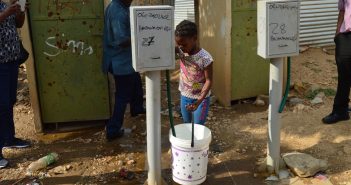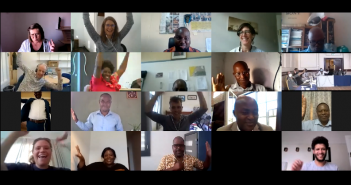Using Lusaka as a case study, FRACTAL researchers Rebecca Ilunga and James Cullis, both civil engineers and water resource specialists at the engineering firm Zutari (previously Aurecon), investigated the city scale and city-regional scale resilience of Lusaka’s water systems to the impacts of climate change and variability. Recognising that water is closely linked to the dependent energy and food supply systems and Ilunga and Cullis aimed to inform future investment and development decisions in Lusaka through their findings.
The team adopted a bottom-up, adaptive decision-support framework: the Decision-Scaling framework. They engaged with key stakeholders and promoted the use of a learning model to gain an understanding of the co-dependent city scale and city-regional scale water systems. They also applied a quantitative systems model using the Water Evaluation and Planning Tool (WEAP). WEAP is an integrated water resources planning tool used to represent current conditions in a given area.
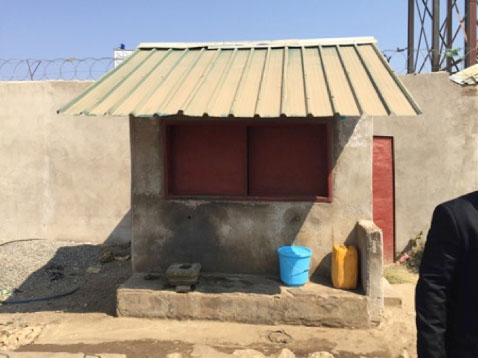
Water kiosk, Kanyama peri-urban area 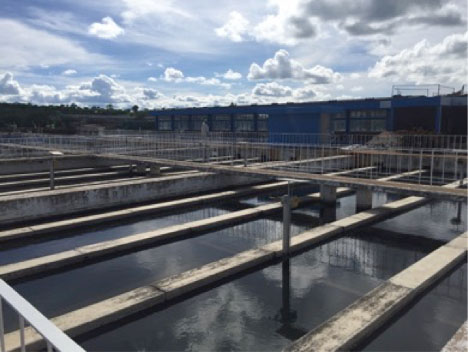
Iolanda Treatment Works
The results of the research showed how Lusaka’s city scale water system was more vulnerable to socio-economic changes than the impacts of climate changes. However, the city-regional water system, which includes the Kafue Flats, was vulnerable to both socio-economic and climate changes. You can read their full report here.

